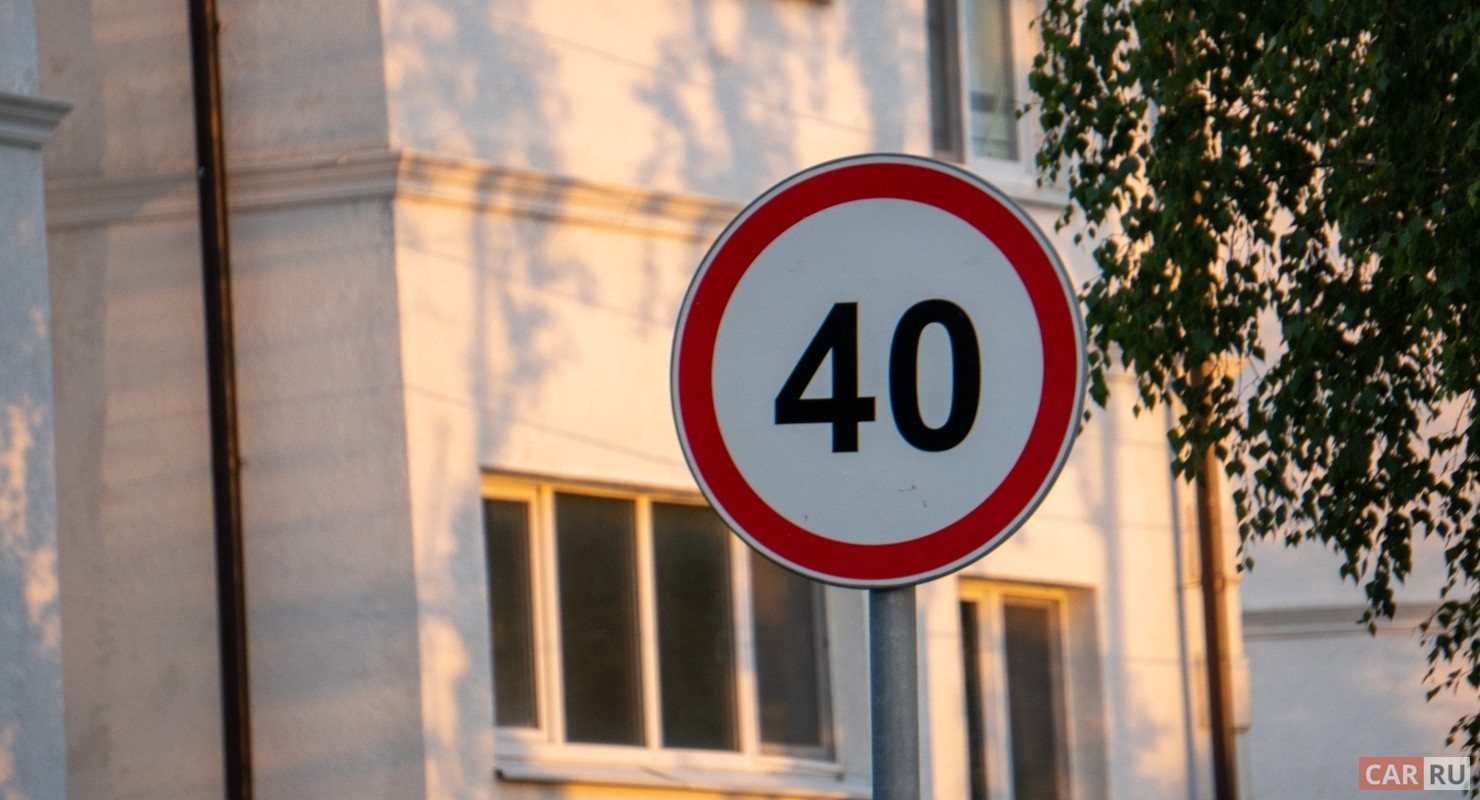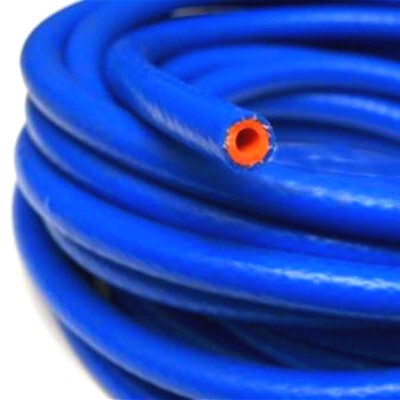
Speed limits, laws and fines in Connecticut
Content
The following is an overview of the laws, restrictions, and penalties associated with traffic violations in the state of Connecticut.
Speed limits in Connecticut
65 mph: rural interstates as published
65 mph: Urban highways as indicated (Some areas may reach 45 mph)
55 mph: Divided country roads
55 mph: rural undivided roads as specified (up to 45 mph in some areas)
20-40 mph: residential areas as specified
Municipalities can change local speed laws, but they must get approval from the State Highway Commission to do so.
Connecticut Code at reasonable and reasonable speed
The law of maximum speed:
According to Section 14-218a of the Connecticut Motor Vehicle Code, “No one shall operate a motor vehicle at a speed that is more than reasonable, taking into account the width, traffic, and use of a highway, road or parking lot, or street crossing. and weather conditions."
Minimum speed law:
According to Section 14-220 of the Connecticut Motor Vehicle Code, "No one shall operate a motor vehicle at such a low speed as to obstruct or obstruct normal and reasonable traffic."
The minimum posted speed limit on divided, limited-access highways is 40 mph.
Due to differences in speedometer calibration, tire size, and inaccuracies in speed detection technology, it is rare for an officer to stop a driver for speeding less than five miles. However, technically, any excess can be considered a speed violation, so it is recommended not to go beyond the established limits.
Connecticut has a mix of absolute rules and prima facie rules (meaning that the offense is open to interpretation). Thus, drivers can challenge certain fines based on one of the following three claims:
The driver may object to the determination of the speed. To qualify for this protection, the driver must know how his or her speed was determined and then learn to disprove its accuracy.
The driver may claim that, due to an emergency, the driver violated the speed limit to prevent injury or damage to himself or others.
The driver may report a case of misidentification. If a police officer records a speeding driver and subsequently has to find him again in a traffic jam, it is quite possible that he made a mistake and stopped the wrong car.
Speeding ticket in Connecticut
First-time offenders may:
Be fined up to $50
Suspend the license for up to 30 days.
Reckless driving ticket in Connecticut
In this condition, exceeding the speed limit by 20 mph or more is automatically considered reckless driving.
First-time offenders may:
Fine from 100 to 300 dollars
Be sentenced to 30 to 90 days in prison
Suspend the license for a period of 30 to 90 days.
Speeding fines vary by region. It is important to remember that in addition to the fine itself, as a rule, there are other fees - depending on the amount by which the driver exceeds the limit, the total cost of the ticket can exceed $ 200.
